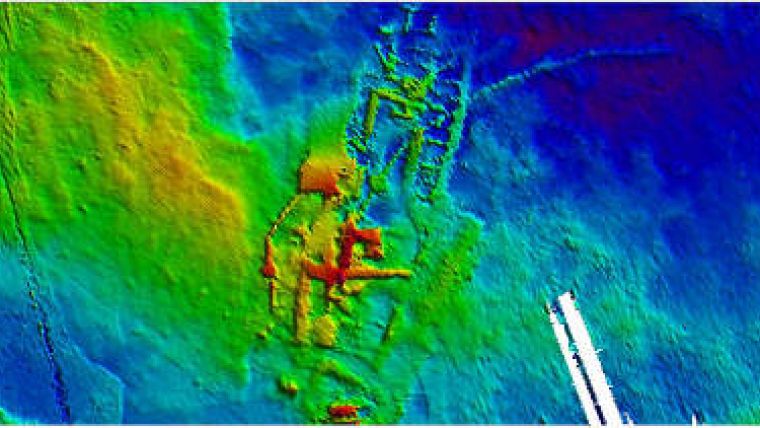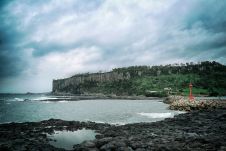Processing EM2040C Data Reveals Wreck Details
MV Yolla, Deakin University’s 10-metre research vessel based in Warrnambool, Australia, was recently equipped with a Kongsberg EM2040C. Using the new multibeam system, students collected data about the local shipwreck site of La Bella, a four-masted barquentine sailing ship used as a trading vessel which sank in 1905. Using the CUBE workflow for bathymetric processing, along with the water column imaging functionality available in HIPS and SIPS 8.0, students were able to produce some key findings. Students also took particular interest in backscatter processing to aid in habitat mapping as part of their research.
The Marine and Freshwater Sciences research group focuses on the ecology and management of coastal marine and estuarine ecosystems, cutting edge technologies for mapping marine habitats, the effects of a drying climate on ecological function and biodiversity in rivers and streams, river restoration, the ecology and management of marine wildlife, population genetics of marine invertebrates and sustainable aquaculture.
Deakin University, Australia, has acquired CARIS HIPS and SIPS as part of the Deakin University Warrnambool Marine and Aquaculture Science Research Initiative to boost marine research and teaching in the region.














